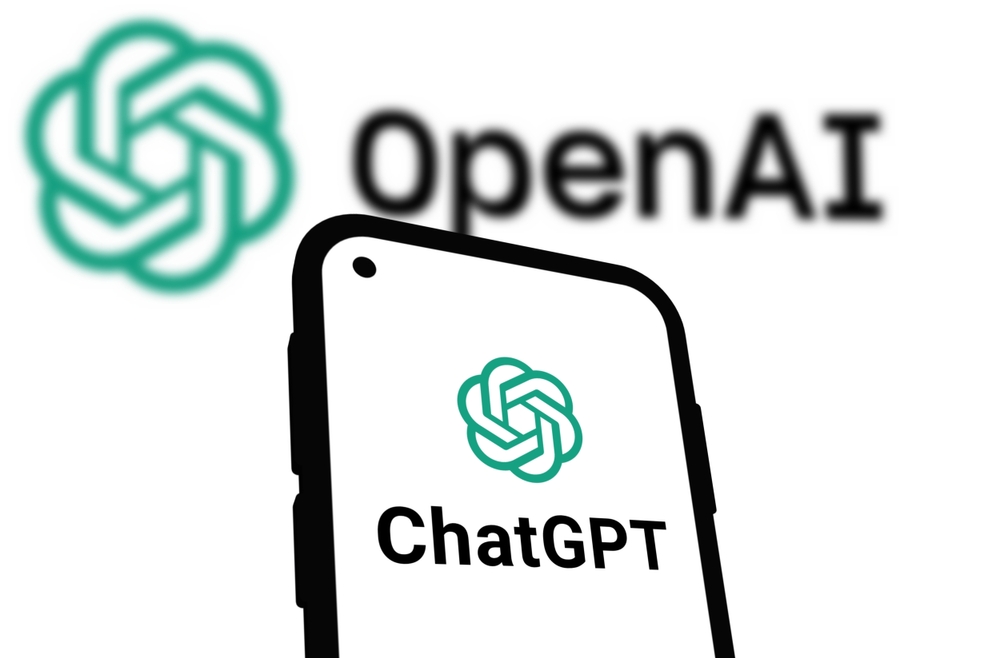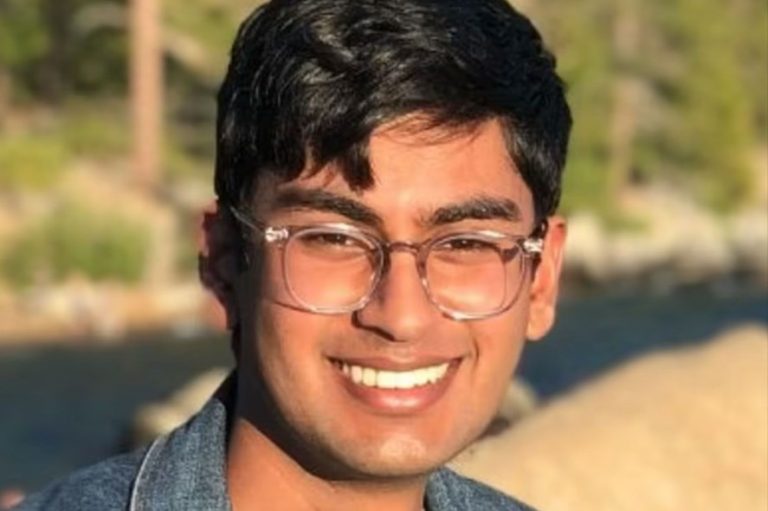Suchir Balaji, a 26-year-old former OpenAI researcher, was found dead in his San Francisco apartment on November 26. The medical examiner confirmed his death was the result of suicide, with no foul play suspected. Balaji, who had worked at OpenAI for four years, became a prominent critic of the company after leaving in August, raising concerns about its data collection practices for training AI systems like ChatGPT.
Balaji had spoken publicly about the potential misuse of “publicly available data” by OpenAI, alleging violations of U.S. copyright law in its development processes. In his final post on X (formerly Twitter), he clarified that while he remained critical of the generative AI field’s fair-use practices, he did not intend for his views to be seen as a direct attack on OpenAI or its products.

His sudden death follows a bombshell interview with The New York Times, where he urged colleagues at OpenAI to leave the company if they shared his concerns. OpenAI released a statement expressing deep sorrow at the news and extending condolences to his loved ones.
Balaji’s passing has reignited debates over the ethical considerations of AI development and the pressures faced by whistleblowers in the tech industry. Support is available for anyone in crisis through resources like the 988 Suicide & Crisis Lifeline.




